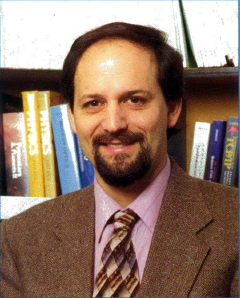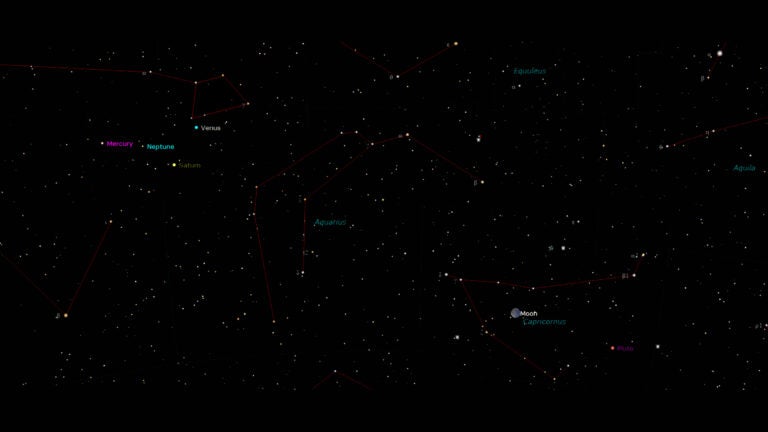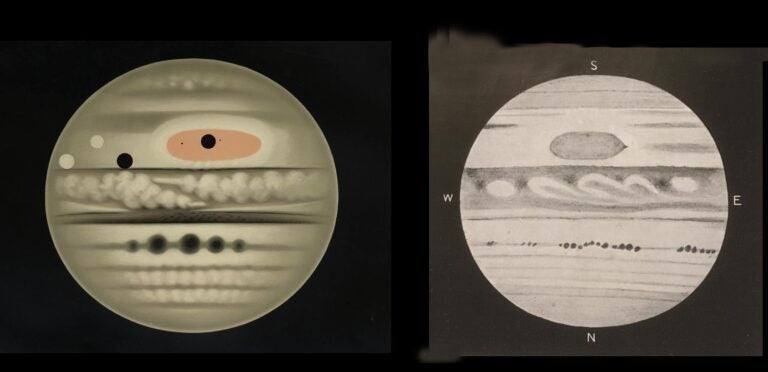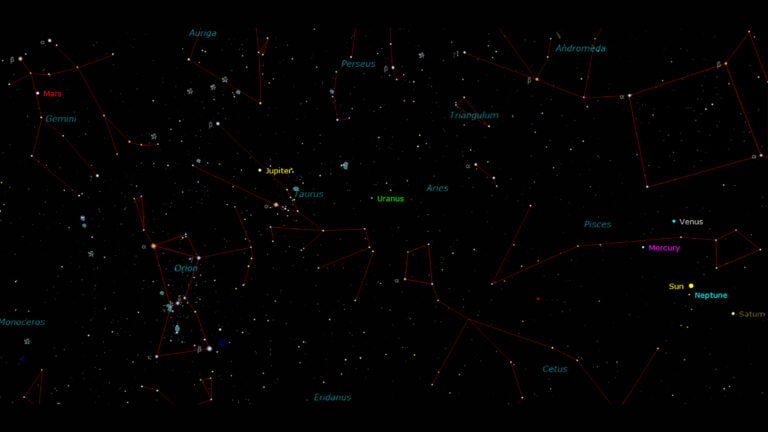Last Friday, BuzzFeed News broke the story that a Title IX investigation by the University of California, Berkeley, found in June that legendary exoplanet scientist Geoff Marcy had violated his university’s policy between 2001 and 2010 by sexually harassing students. Today, the news outlet followed up that report saying that Marcy is resigning from Berkeley. The announcement comes after a storm of protests on social media over the university’s lack of a response to their findings, and direct calls for his removal from the faculty, post-doctoral researchers, and graduate students in Marcy’s department.
Berkeley’s investigation included four claimants who reported that Marcy had behaved inappropriately, including kissing, massaging, and groping female students both on campus and at astronomy functions such as the 2010 American Astronomical Society (AAS) meeting in Washington, D.C.
In addition to resigning his faculty position, he has also stepped down as a principal investigator of the Breakthrough Listen initiative to search for intelligent life in the universe, and from the scientific organizing committee of the Extreme Solar Systems science conference being held next month in Hawaii, which he will also no longer be attending, at the request of fellow astronomers. Marcy was a pioneer in the field of exoplanet research, a co-investigator with the Kepler mission, and credited as one of the most prolific exoplanet-hunters in the field. His data were vital to others in the community, which may explain why it took so long for complaints against him to come to light.
Ruth Murray-Clay, now an assistant professor of physics at the University of California, Santa Barbara, was a graduate student at Berkeley during the time of the complaints. She told Buzzfeed that she handled multiple harassment complaints about Marcy from both undergrads and grad students in her role as student representative to the faculty, but that they ultimately went nowhere. One of the claimants in the investigation, who remained anonymous, explained the 8-year delay between her harassment and filing of a report by telling Buzzfeed, “When you’re a student and you see every complaint being ignored, and every male professor who has violated that have zero consequences, it really makes you not want to step forward.”
Jessica Kirkpatrick, another of the claimants, has since left astronomy. She still runs the Women in Astronomy blog, where she says she has received three additional complaints about Marcy. And Sarah Ballard, now at the University of Washington, stepped forward in the investigation with her own story of Marcy’s harassment. John Asher Johnson, now a professor of astronomy at Harvard University and a former graduate student of Marcy’s, was not a claimant in the investigation but said he, too, observed inappropriate behavior, such as Marcy giving a female student a massage with his hand under her shirt. Johnson’s reason for remaining silent echoes many others on social media: Marcy’s support was too important for Johnson to lose, and he refrained from speaking out until he achieved tenure in 2013.
Many are talking now. The news has set off waves of discussion among the astronomy community on Twitter, blogs, and more traditional media. A common critique is that Marcy is far from the only transgressor in the field, and steps must be taken to protect and support those who still feel unsafe bringing accusations forward. Meg Urrey, president of the AAS and director of the Yale Center for Astronomy and Astrophysics, offered her thoughts on sexual harassment in the astronomy community to Scientific American, saying that, “all members of our community need to work together to make our field more equitable and welcoming to women … The solicitations, slights and stress that are all too familiar to many women astronomers don’t need to be an everyday part of life for the next generation of scientists.”
Many remain concerned that Berkeley and other universities’ policies and lack of response continue to put young astronomers at risk, and questions have been raised about the appropriate response of the AAS and other professional societies.
The Committee on the Status of Women in Astronomy addressed the community on Monday: “The larger issue here is that everyone in our field should be treated as a scientist, with equal respect and dignity. Women are not lining up at their poster for speed dating; they aren’t signing up to work in your lab because they want to be sexualized or objectified. They are there to become a successful scientist.”










